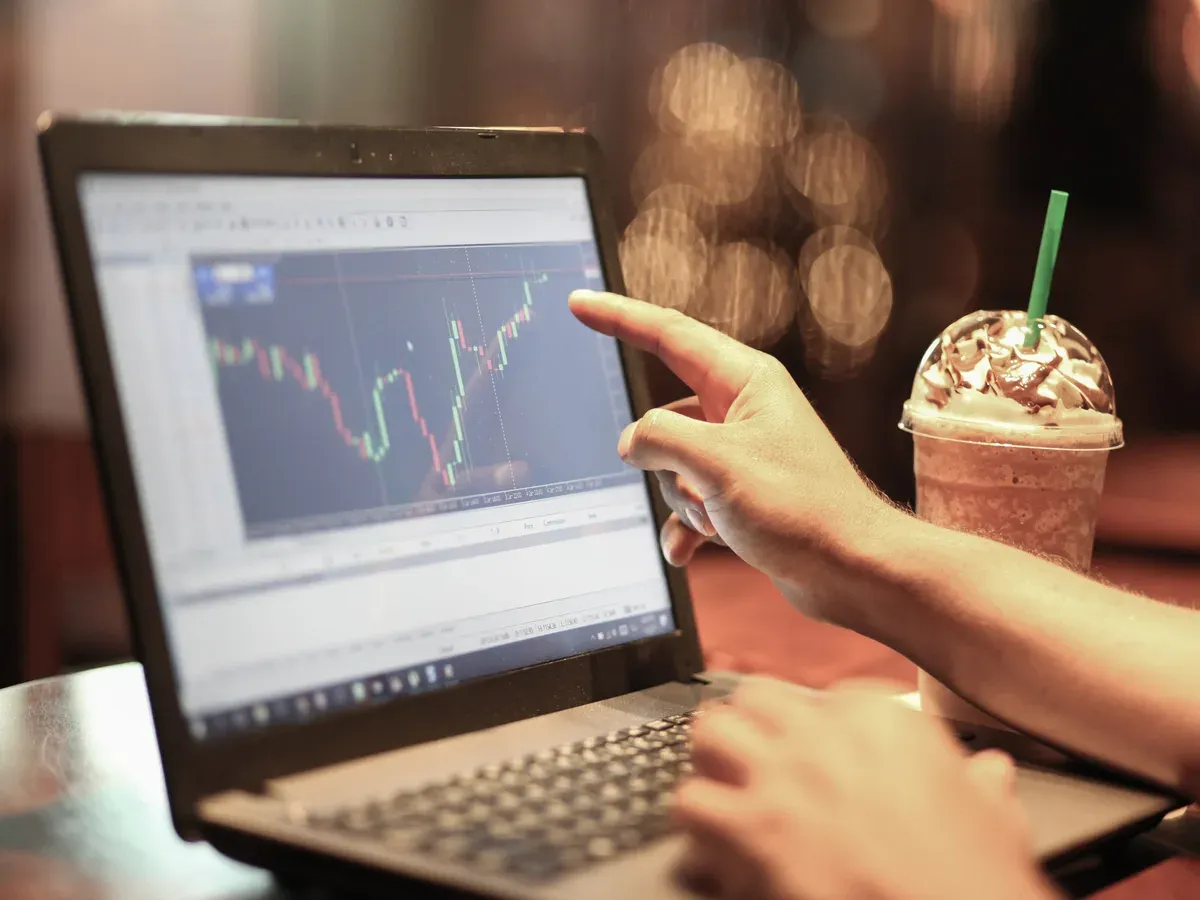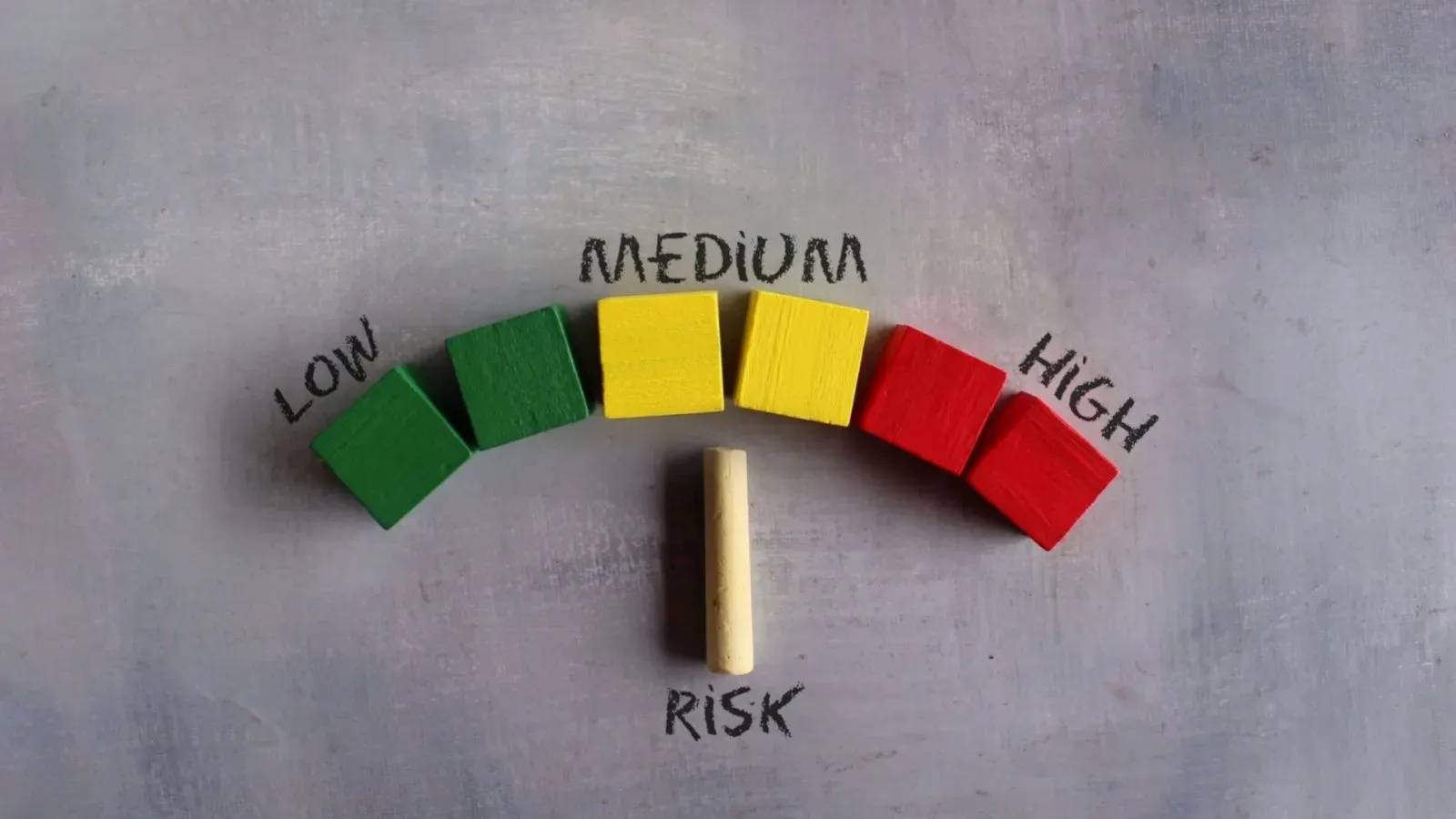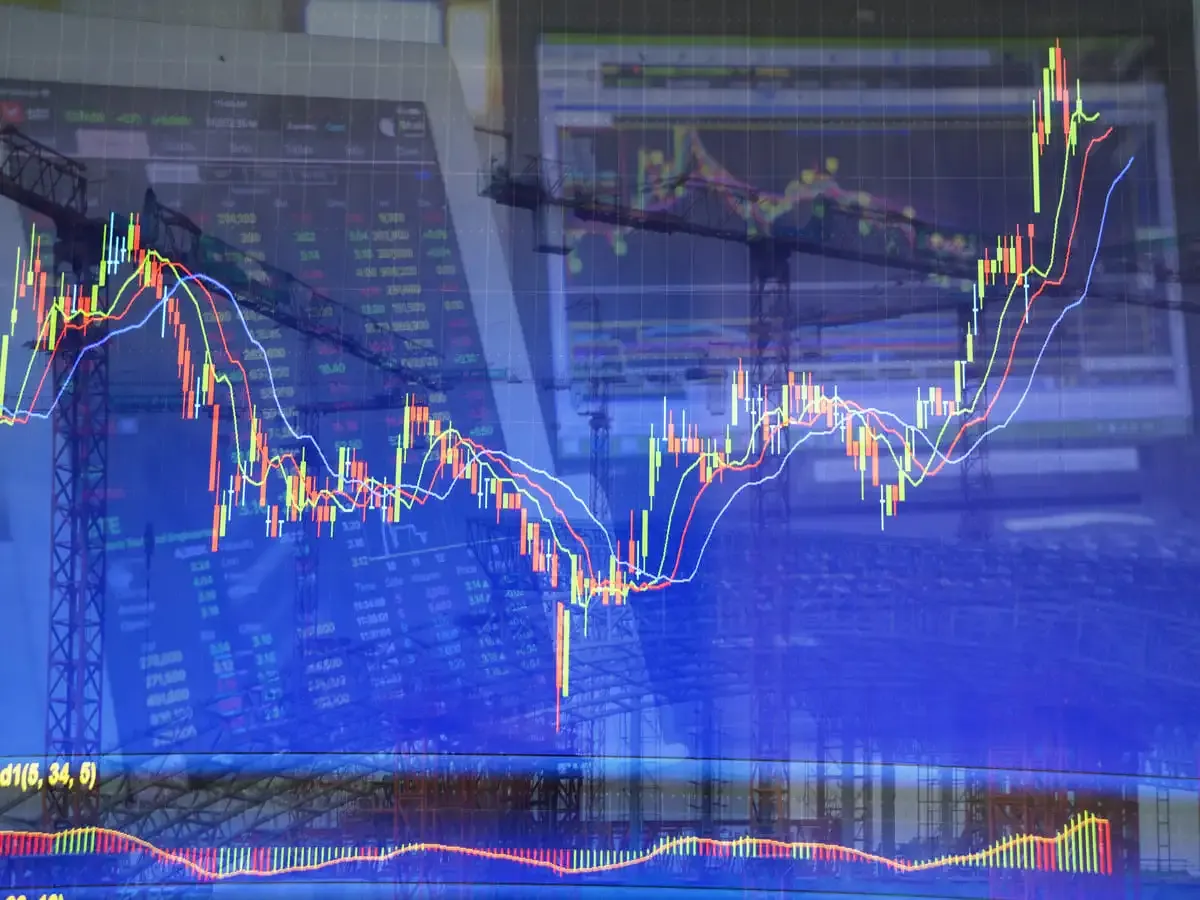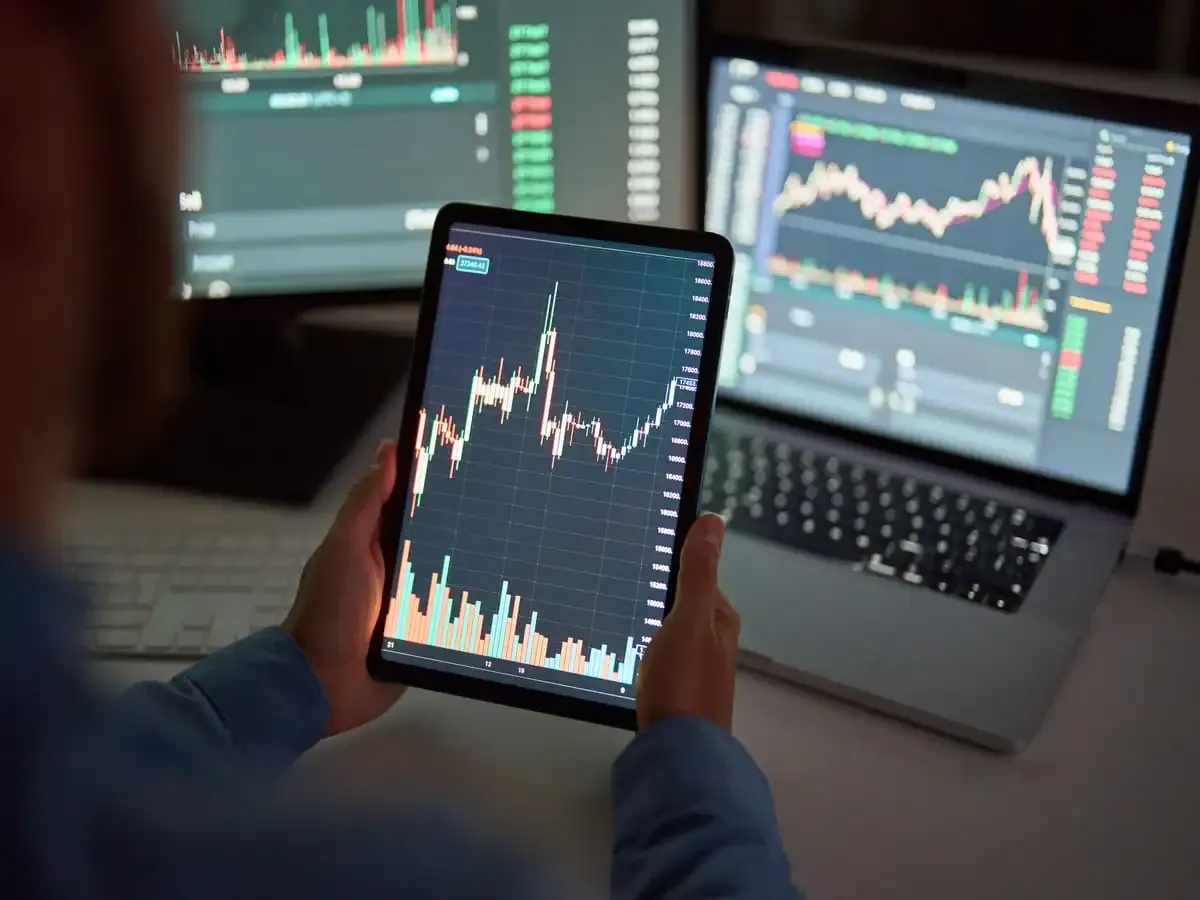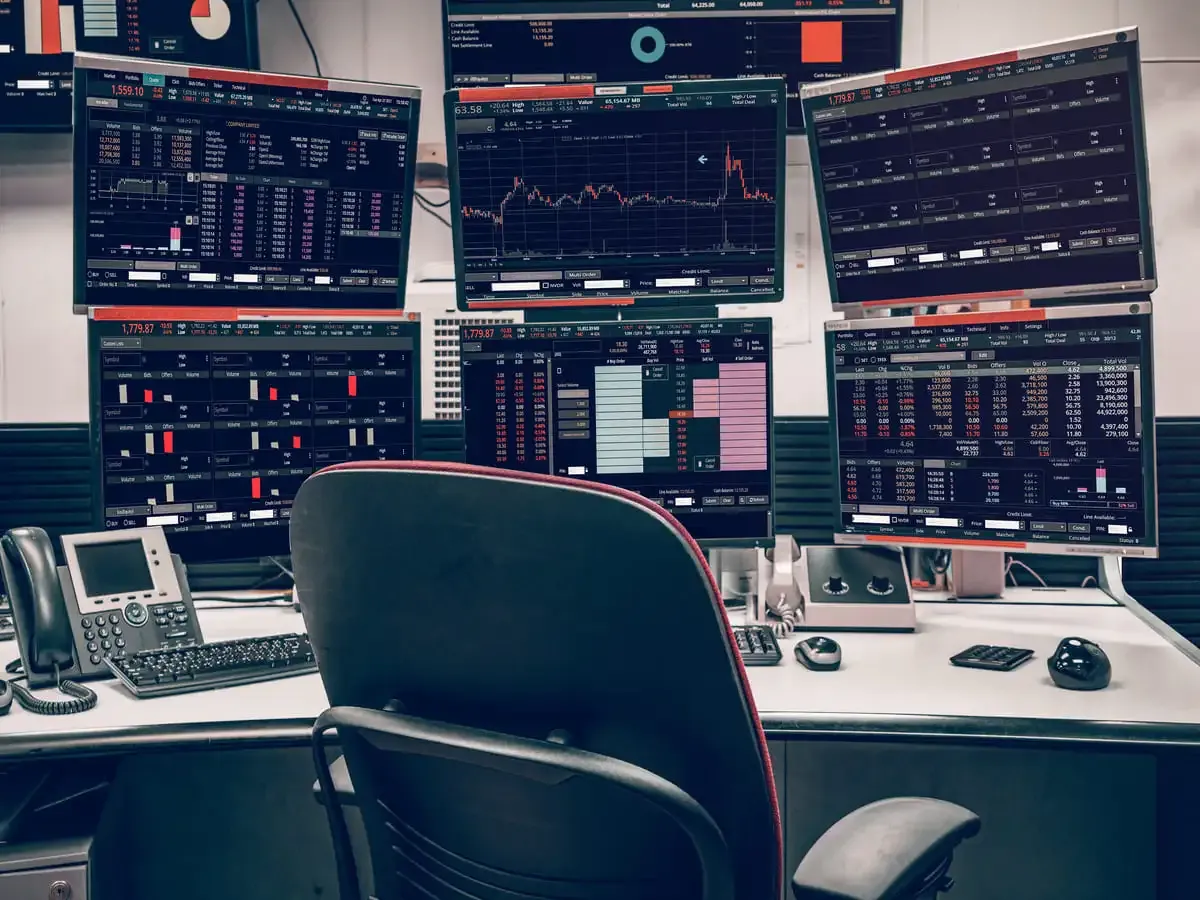Difference Between Intraday and Delivery Trading
Written by Subhasish Mandal
Published on January 05, 2026 | 4 min read
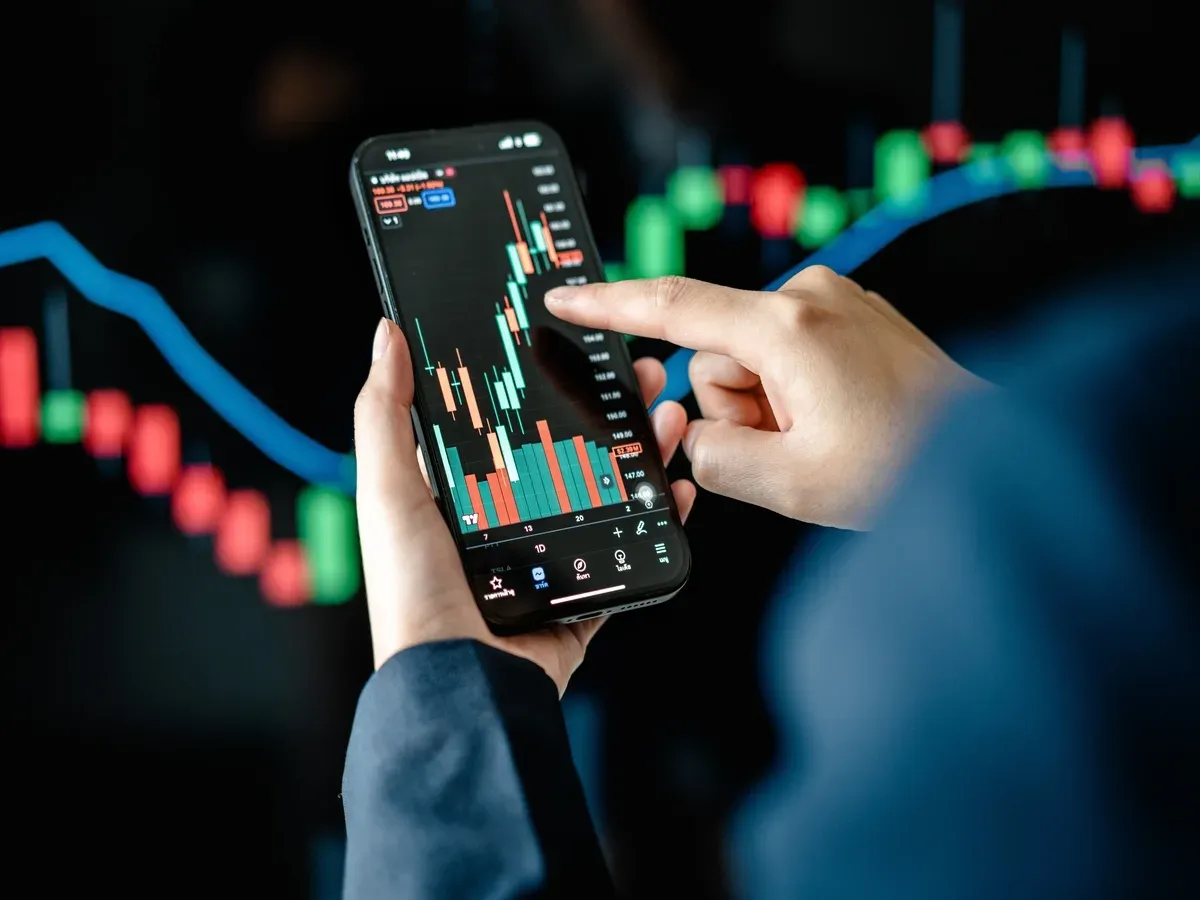
Intraday and delivery trading are two common approaches to trading in the market. The term intraday trading refers to the buying and selling of stocks or any securities that are held in a single trading session. Whereas, delivery trading involves the buying and selling of stocks or securities for more than one day.
Let’s deep dive into the difference between the two types of trading, so that you can choose which one is more suitable for you.
What is Intraday Trading?
Intraday trading, also known as day trading, is a type of trading where traders buy and sell securities for a short period of time. The trades taken on intraday must be closed within one trading session before the market closes.
While doing intraday trading, the primary purpose of a trader is to capitalise on the short-term market opportunities and take advantage of volatility to earn profit. Intraday traders do not hold the position overnight, they close all the positions within the same day before the regular market session closes.
What is Delivery Trading?
Delivery trading, also known as positional trading, is a type of trading where traders buy and hold securities for more than one day. The time period depends on the individual's preference; the holding period can be one week, one month, one quarter or more than a year.
While doing delivery trading, the purpose of a trader is to capitalise on long-term market opportunities. The stocks bought on delivery are kept secured in a digital wallet called a demat account. If the stock price rises over the period of time, the invested money grows and generate return for investors.
Difference Between Intraday and Delivery Trading
Both intraday and delivery trading play a crucial role in the working of the stock market mechanism. Below is a comparison of the various aspects of intraday and delivery trading.
| Basis | Intraday Trading | Delivery Trading |
|---|---|---|
| Objective | Capitalise on short-term price movements and generate quick returns | Aims for long-term investing to generate returns |
| Time horizon | Securities are bought and sold within a single day | Securities are held for a longer period; can be one week, one month, or years |
| Capital requirement | Low capital requirement due to availability of margin on selected stocks | High capital requirement due to zero margin; full price paid in cash to buy shares |
| Leverage | High leverage | Zero leverage in delivery trading |
| Risk | High risk due to high leverage | Low risk compared to intraday trading; investors get time to manage investments |
| Returns | Returns can be high due to volatility, but risk of losses is high | Returns are realised over time, often benefiting from dividends, corporate actions, and business growth |
| Screen monitoring | Requires constant attention during live market for identifying short-term opportunities | Less screen monitoring; suitable for long-term investors |
| Transaction cost | High transaction cost due to a larger number of trades | Low transaction cost due to fewer trades |
| Skill requirement | Requires technical analysis skills and real-time decision-making ability | Decisions based on a combination of technical and fundamental analysis |
| Overnight risk | No overnight risk as all trades are closed within a single trading session | Exposed to overnight risk such as global events or company-specific news |
Intraday or Delivery Trading: Which is More Suitable?
The suitability of intraday and delivery trading depends on individual goals and risk tolerance. If the trader is looking to capitalise on short-term price movements and can adapt to frequent changes in market conditions, then intraday trading is a suitable choice. However, intraday trading demands more screen time and attentiveness, so an individual with a busy schedule must keep the various other factors in mind before opting for intraday.
An individual looking to invest for a long-term investment, having an understanding of technicals and fundamentals, can choose delivery-based trading. In this, less screen monitoring is required compared to intraday, and traders get more time to think and make decisions accordingly.
Choosing between intraday and delivery trading depends on the individual preference, risk aptitude and investment goals. Intraday trading style suits individuals looking to make quick gains in a short period of time. But it comes with a high risk of losses and uncertainty.
Whereas, delivery-based trading is good for individuals having sufficient funds for investment and want to enjoy the power of compounding.
About Author
Subhasish Mandal
Sub-Editor
finance professional with strong expertise in stock market and personal finance writing, he excels at breaking down complex financial concepts into simple, actionable insights. Holding a Master’s degree in Commerce, he combines academic depth with practical knowledge of technical analysis and derivatives.
Read more from SubhasishUpstox is a leading Indian financial services company that offers online trading and investment services in stocks, commodities, currencies, mutual funds, and more. Founded in 2009 and headquartered in Mumbai, Upstox is backed by prominent investors including Ratan Tata, Tiger Global, and Kalaari Capital. It operates under RKSV Securities and is registered with SEBI, NSE, BSE, and other regulatory bodies, ensuring secure and compliant trading experiences.



















